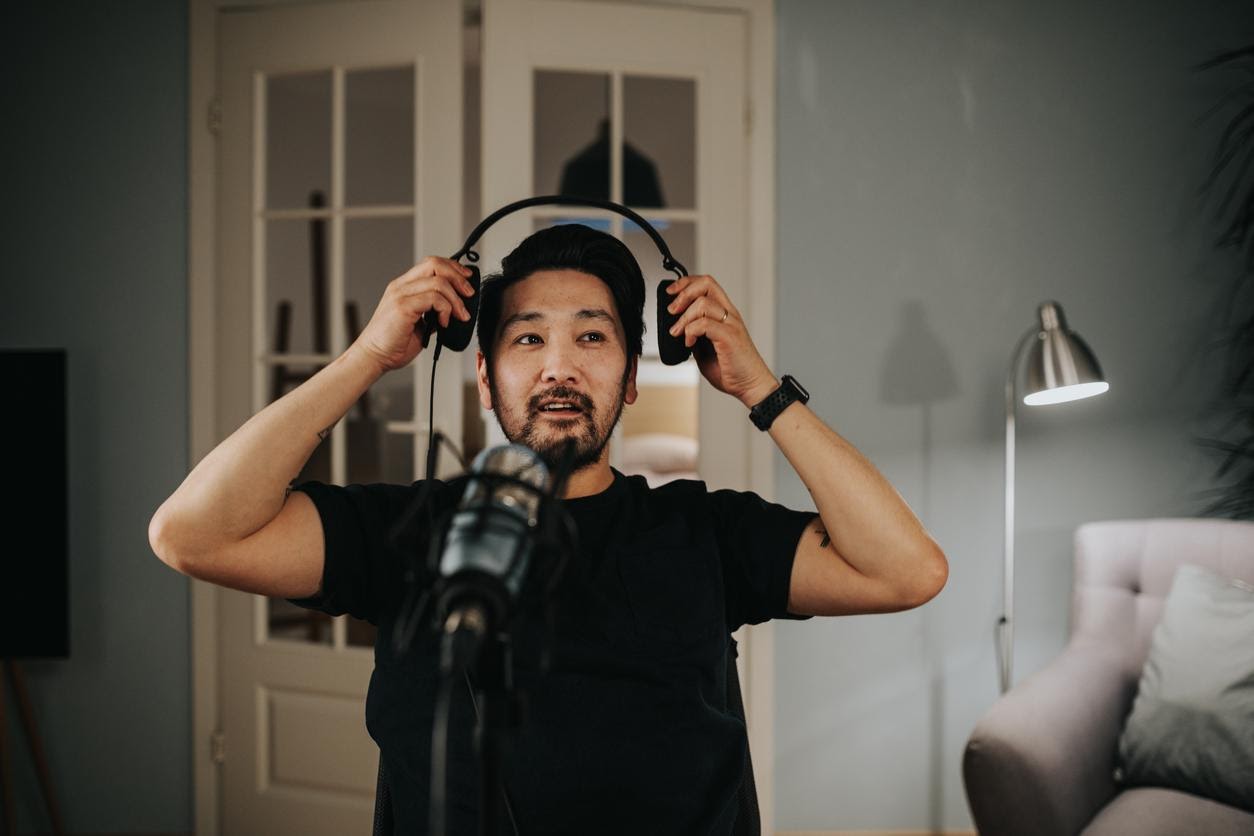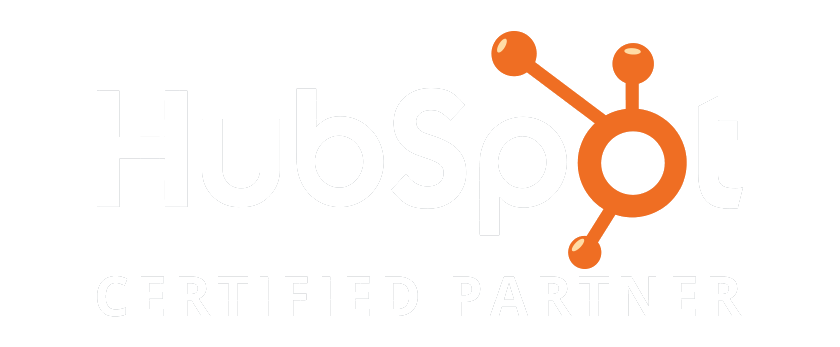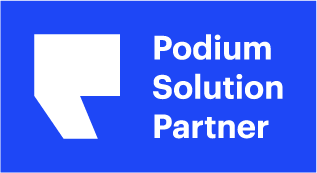Podcasting is one of the most popular marketing tools today, and it takes work to create and practice to deliver. So how do you determine what to do when creating one? How to prep for a podcast? How do you choose your topic and your episode sub-topics? How can you attract advertising so you can make money with your podcast?
Bridge Ratings conducted a survey in 2017 to learn the best practices used in the industry. The three-month study gathered data from January 23, 2017 to April 10, 2017. It used a 2000-person sample of individuals aged 13 and older.
Set an Appropriate Podcast Episode Length
The key result of this survey interested advertisers the most. People increased the number of podcasts they listened to each month but listened for less time. Users decreased their listening sessions, the amount of time spent listening to a single broadcast. It fell by a third. Of those surveyed, 56% admitted they listen to podcasts using multiple sessions meaning they might listen to the first half of Podcast A on Tuesday but listen to the remainder of it on Wednesday.
Their available time and the topic matter influenced their listening. People’s schedules became busier, so they had to divide their listening time. Podcasters today could solve this problem by making shorter podcasts that more succinctly address their topic or by dividing the topic into sections so that they record a Part One and a Part Two. This lets the creator determine the break or stopping point to best suits the episode’s topic.
People Like to Try New Things
Looking at the second part of the finding, listeners increased the average number of podcasts consumed. This tells us that listeners want to experience more podcasts and they remain open to new shows. Listeners first looked to social media to find what they wanted to listen to, and then moved on to search engines if nothing caught their interest on Facebook or Twitter. They also found new listening options through word-of-mouth recommendations, other podcasts, streaming channels, and radio hosts. The latter refers to traditional broadcast radio. DJs often share their favorite podcasts, turning their listeners into alternate sources of entertainment. This lets you know where to spend your advertising dollars. You should purchase Facebook ads since the listeners look there first. Advertising on the radio also makes sense as well as partnering with other shows to cross-promote.
Target Market Definition Increased in Importance
You need to clearly define your target audience and stick to it. Rather than advertising to a wide variety of targets, hone it to a specific target and prospect it. This helps your advertising budget to be well spent and helps your producers create well-focused topics. Your audience knowledge determines your success. Never waste a dollar or a moment advertising to a completely uninterested audience. That is not your target.
Organize Podcast Topics Like a Book Outline
You need to develop your topic in a cohesive manner that makes sense to your listeners and provides them actionable information. Their feedback is vital. If they tell you they do not like something, pay attention. Organize your topics and create a vision for your podcast. You might develop special segments that you record once per week such as a feature on new musical equipment on Fridays for a podcast on heavy metal music.
Establish Your Publishing Schedule
The Bridge rating study unearthed listeners’ favorite schedule. You can use this to your advantage. People like weekly podcasts the best. They just do not have time for anything daily. Those were the least popular podcasts. These are a middle ground – the twice-per-week podcast. If you want to land more listeners, post your podcast on Tuesday. The second favorite day by listeners is Friday.
Presentation Is Everything
Conserve your own time and your audience’s. You do not hook listeners by rambling. Get directly to the point and say what you need to say. The average listening time is 22 minutes, but that figure comes from those who listen at least 5 minutes and keep listening. Most listeners drop a pod after 5 minutes. They do not quickly and succinctly get to the point or offer information the listener wants.
Rehearse Your Podcast
You should never try to improvise a podcast. Rehearse your script. If you do not already use scripts, start writing them. Take an edX.org course to learn scriptwriting. This will help you stay on topic and improve your timing.
Learn to Edit Viciously
Learn the difference between rapport and rambling. Edit out the ramble. If the words spoken did not advance the episode’s topic title, then edit it out. Cut that 45-minute interview down to 20 minutes. Listen to your finished product before you upload it. You will probably notice a few more things you need to cut out. For fictional podcasts with a plot, avoid too many sub-plots. Keep the number of characters to four or five to make it simple for listeners to keep track of them. This also allows them to get to know those characters better. In television, consumers benefit from visual and audio, but podcasts differ. Many people listen to YouTube podcasts instead of watching them since they listen on the go. Help yourself to engage your listeners by offering plot lines they want with a small cast of characters they can easily follow in succinct, tightly written episodes that move the plot forward quickly and realistically.
Remember Your Metadata
Since consumers use search as their second most popular way to find new podcasts, you need to earn a highly placed search engine results page (SERP) ranking. Use the metadata options to embed information that improves the ability of consumers to find your podcast. The producer should always add this before upload.
Contact Us
People who do podcasting really well make it look easy. But it takes training, rehearsal, and scripting talent. If you think you lack those, but you love your topic idea and want to go ahead with it, call us at Bake More Pies!
Our full-service digital marketing agency can help you with planning your topic, recording, and posting strategies. Our office also contains a professional recording studio! We already know the ropes and we can help guide you through the process. Let us help you jumpstart the process by contacting us today.




